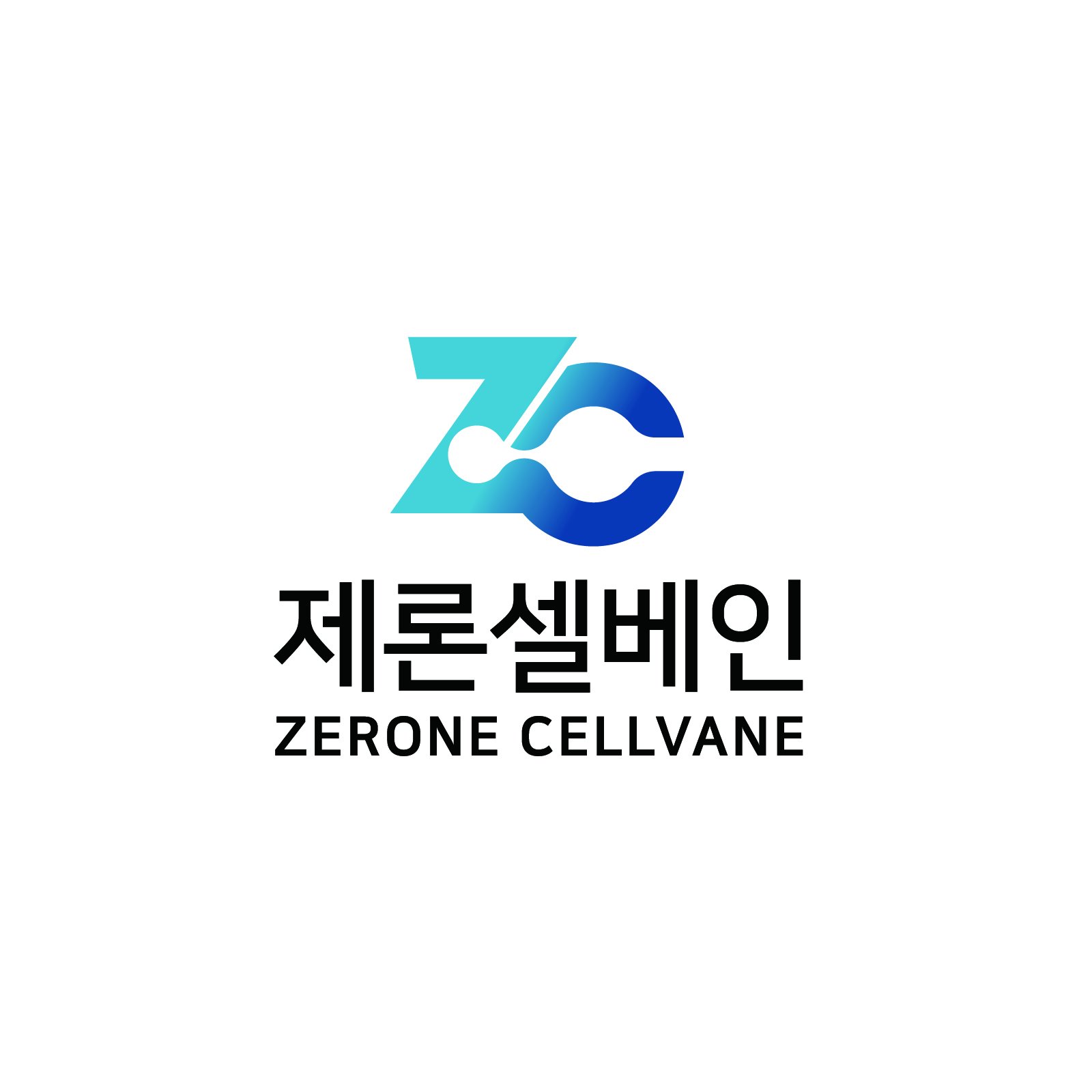Zerone Cellvane signs agreement to transfer technology for lung disease prevention and treatment with Keimyung University and KBSI (Korea Basic Science Institute)
Last updated: 17 Jul 2024 | 937 Views |

Zerone Cellvane, a specialist in PDRN for lung disease prevention, has received patent technology transfer for lung disease prevention and treatment from Keimyung University Industry-Academia Collaboration Foundation (Director Kim Beom-Jun) and Korea Basic Science Institute (Director Yang Seong-gwang (KBSI)) to develop and disseminate treatment methods for lung disease prevention.
Zerone Cellvane is seeking technology transfer for the patent "Pharmaceutical composition for preventing or treating lung disease caused by fine dust using PDRN," jointly developed by Professor Byeong-Cheol Jang from Keimyung University's Department of Medicine and Dr. Choi Jong-soon from the Research Division of KBSI. They announced on the 16th that an agreement had been signed.
Recently, the number of patients with Chronic Obstructive Pulmonary Disease (COPD) has been rapidly increasing both domestically and internationally. Although COPD is less well-known than hypertension and diabetes, it is one of the five major chronic diseases defined by WHO. Lately, the number of COPD patients has significantly increased due to fine dust and COVID-19. However, there is no clear treatment or prevention for lung diseases such as COPD. Particularly, there is a high risk of developing COPD if you smoke for a long time or work in kitchens, construction sites, or auto repair shops for extended periods where there is a lot of fine dust. If you have allergic diseases such as allergic rhinitis, asthma, or sinusitis, it can cause chronic inflammation in the respiratory tract and may easily lead to COPD.
PDRN (polydeoxyribonucleotide) is a natural substance derived from salmon (Oncorhynchus keta) sperm. It is a double-stranded deoxyribonucleotide with 50 to 1,000 base pairs (bp). PDRN has various biological effects such as wound healing, increased angiogenesis, anti-inflammatory, antipyretic, anti-wrinkle, and anti-cancer properties, as well as promoting DNA production, cell proliferation, and growth. The efficacy of PDRN is mainly expressed through the adenosine A2A receptor (A2AR), but the effects of PDRN on lung diseases have not been studied.
Zerone Cellvane announced research results showing that PDRN can develop pharmaceutical compositions and be used to prevent or treat lung diseases caused by fine dust. With this technology, Zerone Cellvane plans to focus on developing PDRN for lung disease prevention and treatment. As the number of lung disease patients caused by fine dust increases, we plan to use it as a health food and distribute various lung disease prevention products.
KIM, DUK GYU, CEO of Zerone Cellvane, said, "The number of lung disease patients is increasing worldwide due to fine dust and fuel dust, but there is no clear treatment method. We plan to develop treatment methods and bring them to market."
Dr. Choi Jong-soon from KBSI and Professor Byeong-Cheol Jang from Keimyung University said, "The benefits of PDRN as a pharmaceutical biomaterial are endless, and we will continue to identify various biological functions of PDRN based on analysis with advanced technology. With this technology transfer, we will be able to develop treatments for lung diseases. This will be applied and help people suffering from related diseases."
Posting time: 2-March-2023
Reference: https://www.smarttoday.co.kr/news/articleView.html?idxno=38078



